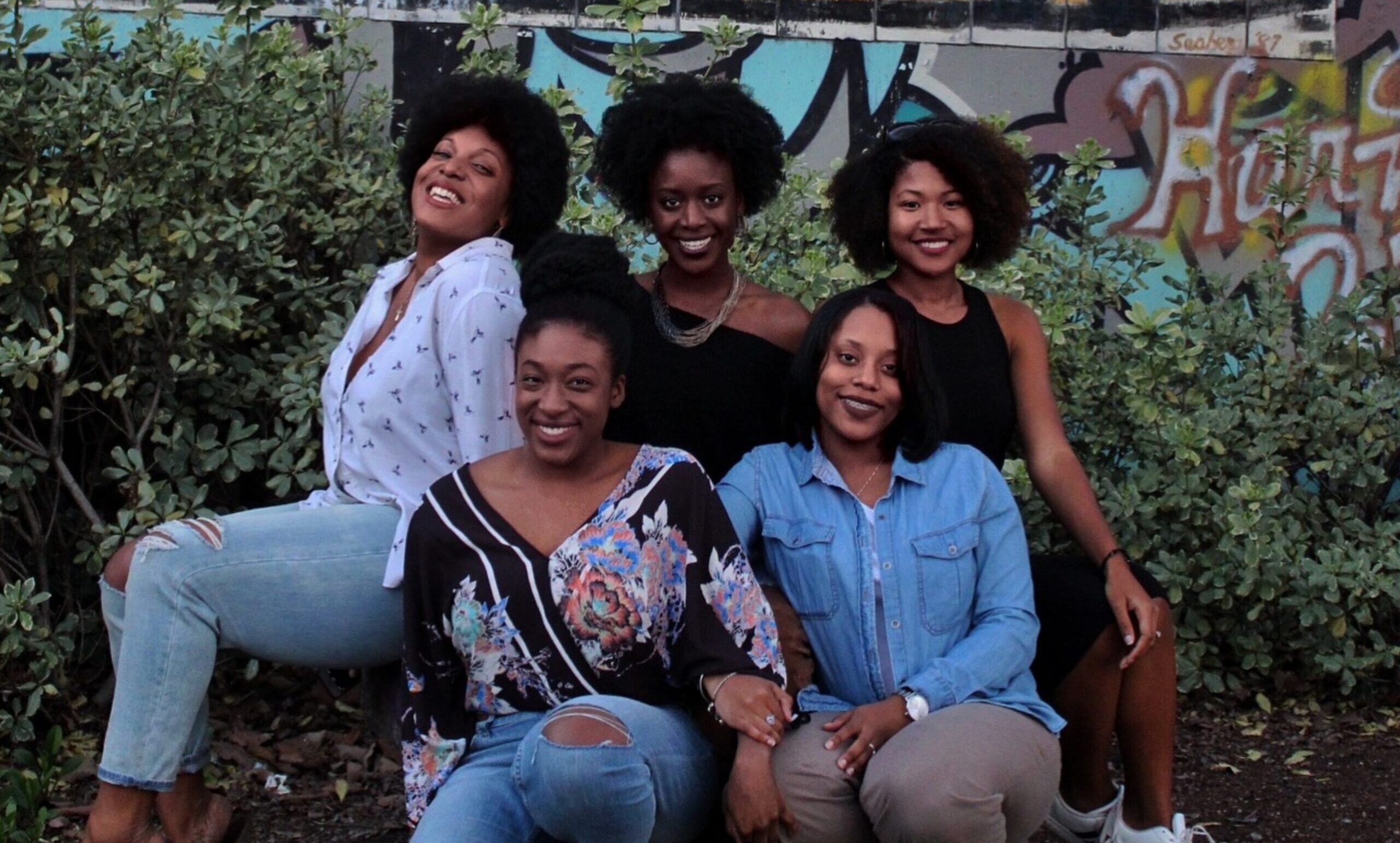
Author: Cassie Myers
What is Black History Month?
Black History Month started as ‘Negro History Week” by scholar Dr. Carter G. Woodson in February 1926 in an attempt to raise awareness of the Black experience in schools. In the 1960s, Black History Month became more of a formal celebration across people within and outside the Black community. Today, Black History Month is an annual observance during the month of February that originated in the United States and has now grown across North America, Ireland and the United Kingdom.
Black History Month is a time to honor and understand Black histories while amplifying Black success. This recognition is often completed through education, advocacy, celebrations and community building.
The term ‘Black History Month’ is used to acknowledge the shared histories and experiences Black people have in North America and other regions of the world. This shared experience is recognized alongside the truth that the Black community is diverse across genders, sexual orientations, religions, cultures, lifestyles and more. This is seen in the variety in which Black and African communities celebrate and honor Black History Month.
As a Black woman, I personally look forward to Black History Month. During this period, I find it uplifting to see spotlights of Black excellence, progress and beauty. It is also empowering that those within and outside of the Black community reckon with the hardships that Black people around the world have to face.









Image 1: Black History Cairn, Owen Sound, 2021; Image 2: Painting done in honor of Black History Month, 2019; Image 3: 2020 Black History Month celebration at the Idea Exchange, Cambridge ON.
While Black History Month in this light is positive, there are also ways that I have observed non-Black people engage in this time that are co-optive, appropriating and harmful.
This blog is for Black people, in the hope that the impacts of harmful engagements with Black History Month don’t reach you. More importantly, it is also a resource for non-Black people, to provide them with some, but not all, practices and reflections they can use ensure their engagement this February and beyond is positive.
Do not wait until February 1st
As a Black creator and person working in the equity, diversity and inclusion space, I know first-hand the influx of interest that many Black people get to speak about Black History Month. Considering this is the work that I do, I welcome and appreciate the opportunities. The opportunities are more difficult to take people up on and appreciate, however, when they come in the middle or sometimes at the end of Black History Month. The month of February is not the only time to celebrate Black excellence or learn about Black history and lives. It is also not realistic to expect Black leaders to be able to adjust and sacrifice their time to meet stringent timelines. When inquiries come my way in February to do an engagement within days or weeks for Black history Month, that tells me that it was not important to the person inquiring and neither is my work.
If you want to plan something for yourself or your organization this Black History Month, do something in advance. If you are unable to, plan it for March, April, May, or any other month. It will still have an impact.
Use the work of Black creators and Black owned organizations when possible
There is ample content out there created by Black people on Black History Month. Sometimes it can be tempting to create or recreate, but it is important to take the time to check where your content comes from. Check if it’s from an individual or an institution, and what the history of that group or individual is – is it one that is representative or inclusive of Black folks? Simply resharing or referencing the works of Black creators is an act of advocacy and respect.
Evaluate whether your voice adds value
Similar to my thoughts on using content created by Black individuals are my ideas on amplifying your voice as a non-Black person on Black History Month. This point is said with the acknowledgement that support and buy-in for agendas to improve access and opportunity for Black people is welcome. However, sometimes non-Black voices can take up space in conversations about Black issues in a way that drowns out or silences Black voices. Not everyone’s voice is important to be heard by everybody this month.
Ask yourself, “will my voice add more value to myself or causes/organizations/individuals promoting Black excellency?” If your answer is more valuable to you, you might not want to add your voice.
Extend efforts beyond Black History Month
Black issues, excellence, and history do not disappear 11 months out of the year. You can still host an education session, speaker series or dialogue about anti-Black racism or Black success beyond February. If you are reading this and it is the end of February, you can still use these practices to take action throughout the year. Black History Month is a time to spark long term action, not for out of character behaviours.
Honor shared experiences, while highlighting the diversity in the Black community
Building on this article’s introduction, it’s important to honor shared Black histories, experiences and excellence while avoiding portraying the Black community as a monolith. Black History Month is actually a perfect time to highlight Black diversity of experience and success through our language, stories and celebrations.
Speak to an associate today to learn more about how we help organizations learn about days of importance and sustain advocacy all year round.
Header Image by alexstarnes on Unsplash ❤️
Feature Image by Leighann Blackwood on Unsplash ❤️

